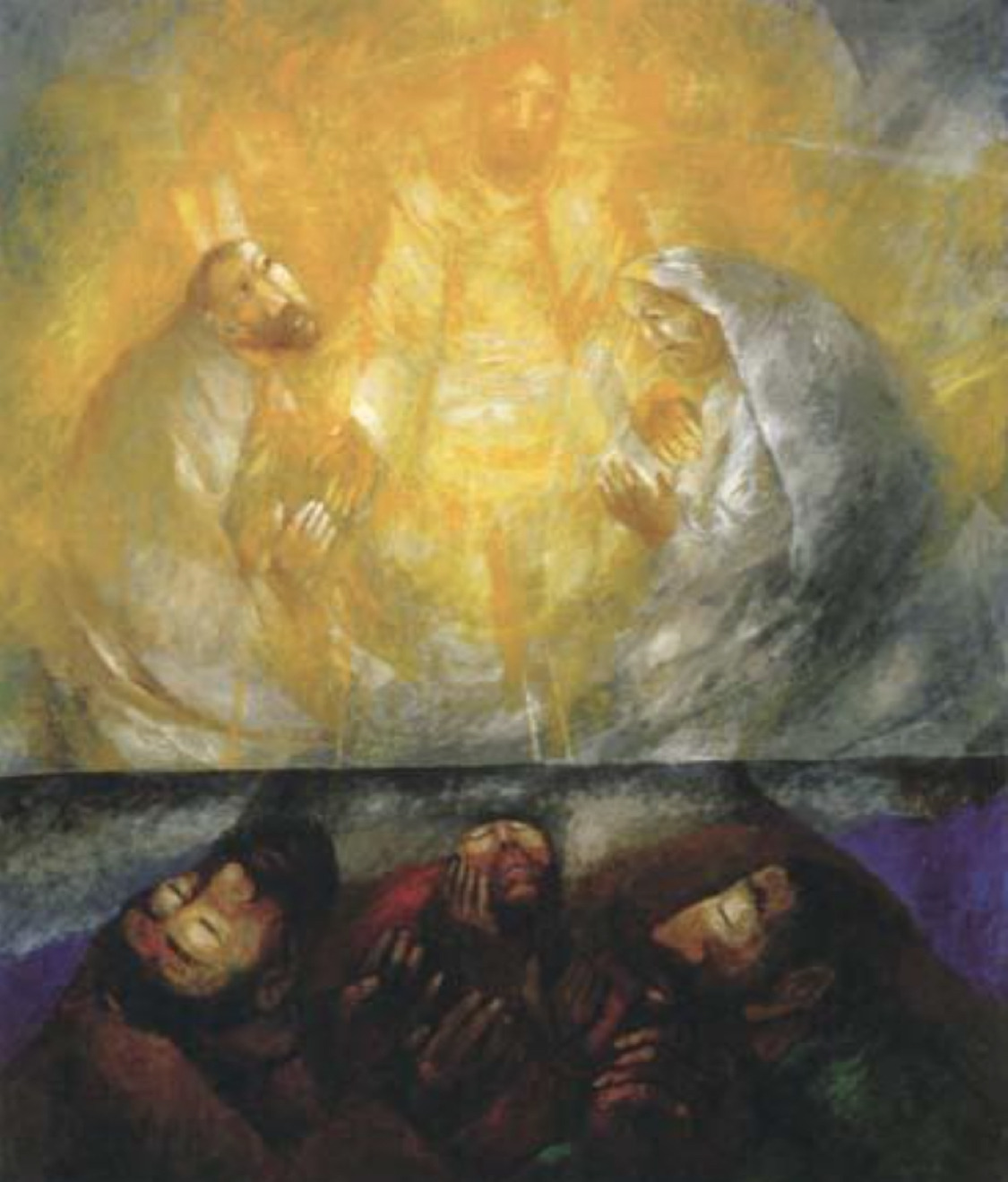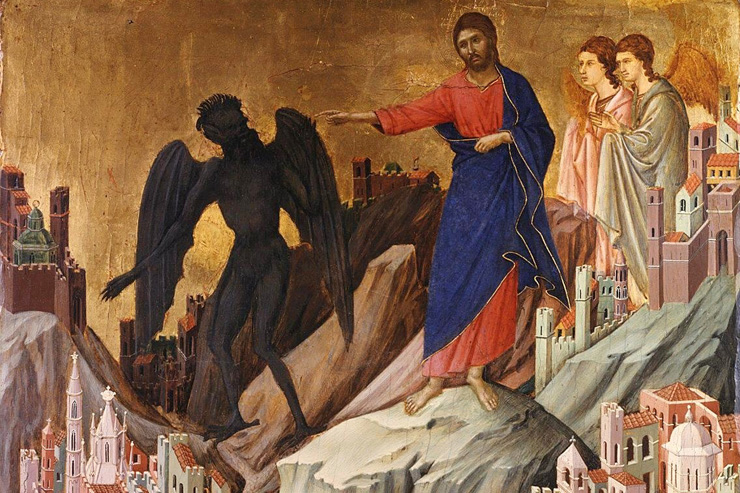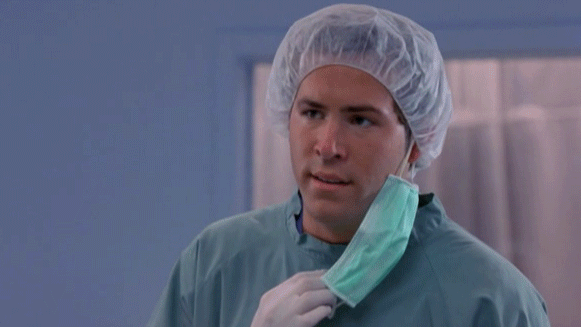February, 2018
My dear graduates of Chaminade,
Kellenberg Memorial, and St. Martin de Porres Marianist School,
Just
what is going on?
 Can
you believe that Ash Wednesday and Valentine’s Day fall on the same exact date
this year – February 14? And can you
believe that Easter Sunday is April Fool’s Day?
Just whose sick sense of timing is responsible for these calendar
conundrums? Not just one day of
religious observation running head on into a collision with a “big day” in the
secular culture, but two? What’s a good
Catholic to do?
Can
you believe that Ash Wednesday and Valentine’s Day fall on the same exact date
this year – February 14? And can you
believe that Easter Sunday is April Fool’s Day?
Just whose sick sense of timing is responsible for these calendar
conundrums? Not just one day of
religious observation running head on into a collision with a “big day” in the
secular culture, but two? What’s a good
Catholic to do?
Well,
first of all, no one is responsible for these regrettable or humorous
(depending on your point of view) coincidences.
The overlaps are just that – coincidences.
And,
what is a good Catholic to do? That’s a
good question, especially if he or she is married or has a serious romantic
interest. A St. Valentine’s Eve/Mardi
Gras dinner at a cozy little spot on February 13 might be fun! A bouquet of roses and a fast-day dinner
could be another novel way of observing both St. Valentine’s Day and Ash
Wednesday at the same time. Whatever the
solution you come up with, I’m sure that Valentine’s Day 2018 is one that you
will not soon forget.

But let’s return to Ash Wednesday and Lent for a moment. So many of us associate Lent with deprivation, and rightfully so. We “give up” something. And why? Do we do so for the sake of self-improvement? Are our Lenten resolutions a part of some ambitious program of Christian behavior modification? Not really, although we are often tempted to think so. If Lenten resolutions were simply about self-improvement and behavior modification, then how would they differ from New Year’s resolutions? In fact, they really wouldn’t.
No, our Lenten resolutions are far less about improving ourselves than they are about being transformed in Christ – and by Christ. They’re all about falling in love with Christ and then being transformed in the process. We’re not pulling ourselves up by our own bootstraps, by our own Herculean effort. What is actually happening is that we are falling in love with Jesus, who makes the unendurable endurable and the impossible possible. Think of how human loves transforms us. We make sacrifices for our loved ones that we would probably never make on our own. How much more so, then, can it be when we fall in love with Christ?
I am reminded of a favorite line from a favorite movie of mine, As Good As It Gets. In this 1997 romantic comedy, Jack Nicholson portrays writer Melvin Udall, an obsessive-compulsive, antisocial curmudgeon who manages to insult everyone he meets. Despite his misanthropic temperament, however, Melvin begrudgingly falls in love with local waitress Carol Connelly, portrayed by Helen Hunt. At what he hopes will be a memorable romantic dinner, Melvin, true to form, ends up insulting Carol and the “cheap house dress” that she is wearing. Predictably, the whole evening is about to go wrong. Carol is about to walk out on Melvin, who begs her for another chance. Carol relents, but only if Melvin pays her a compliment. At the moment of truth, Melvin’s better angels come through. “You make me want to be a better man,” Melvin tells Carol, who is stunned that Melvin is able to pay what is “probably the nicest compliment I’ve ever had.”
“You make me want to be a better man.” If we are in love with Christ, couldn’t we say the same to Him? Like Melvin, we don’t always get it right. Like Melvin, we can fall pretty far off the mark. But, at the end of the day, Christ makes me want to be a better man. That’s what Lent is really all about.
Now, becoming a better man (or woman) isn’t always easy. That’s why Lent involves some sacrifice, some deprivation, some “giving up.” But one thing’s for sure: unless we have fallen in love with Christ, our Lenten “resolutions,” like most New Year’s resolutions, will soon fall by the wayside. Lent is all about falling in love with Christ. It’s all about being transformed in Christ and being transformed by Christ. The transformation does not happen because of our own power, but because of the power of Christ, “a stumbling block to Jews and foolishness to Gentiles, but to those whom God has called, both Jews and Greeks, Christ the power of God and the wisdom of God.”
In April of 1543, St. Ignatius of Loyola wrote the following to one of the young men under his spiritual direction:
There are very few men who realize what God would make of them if they abandoned themselves entirely into His hands, and let themselves be formed by His grace. A thick and shapeless tree would never believe that it could become a statue, admired as a miracle of sculpture . . . and would never consent to submit itself to the chisel of the sculptor who, as St. Augustine says, sees by his genius what he can make of it. Many people who, we see, now scarcely live as Christians, do not understand that they could become saints, if they would let themselves be formed by the grace of God, if they did not ruin His plans by resisting the work which He wants to do . . . ”

All of this reminds me a great deal of this passage from Mere Christianity, by C.S. Lewis, that I have quoted before in these monthly reflections:
Imagine yourself as a living house. God comes in to rebuild that house. At first, perhaps, you can understand what He is doing. He is getting the drains right and stopping the leaks in the roof and so on; you knew that those jobs needed doing and so you are not surprised. But presently He starts knocking the house about in a way that hurts abominably and does not seem to make any sense. What on earth is He up to? The explanation is that He is building quite a different house from the one you thought of – throwing out a new wing here, putting on an extra floor there, running up towers, making courtyards. You thought you were being made into a decent little cottage: but He is building a palace. He intends to come and live in it Himself.
To a non-believer, or even to a lukewarm believer, talk like this must seem like folly, even madness. But for those who have fallen in love with Christ, it all makes perfect sense. “For the message of the Cross is foolishness to those who are perishing, but to us who are being saved, it is the power of God.”
And if this hope, this belief, makes us “fools for Christ,” so be it. We wear that badge with honor! After all, love makes fools of us all.
Happy Valentine’s Day! Fall in love with Christ. Happy Ash Wednesday! Let yourself be transformed by the love of Christ. Happy April Fool’s Day! We are fools for Christ. And Happy Easter! The risen Christ is indeed “the power of God and the wisdom of God.”
On behalf of all my Marianist Brothers,
Bro. Stephen












 O most tender and gentle Lord Jesus, teach me so to contemplate you that I may become like you and love you sincerely and simply as you have loved me. Amen.
O most tender and gentle Lord Jesus, teach me so to contemplate you that I may become like you and love you sincerely and simply as you have loved me. Amen. 
















